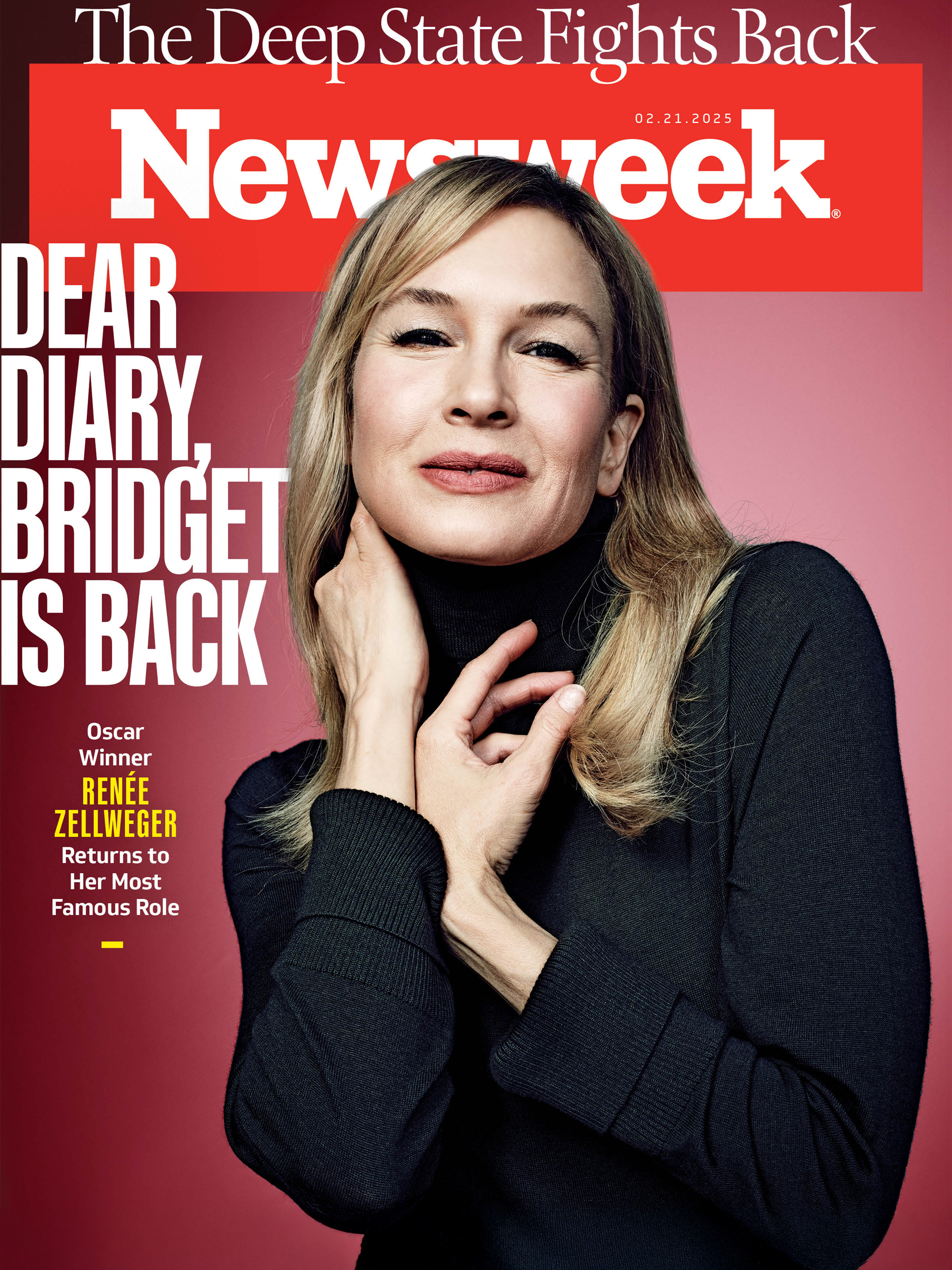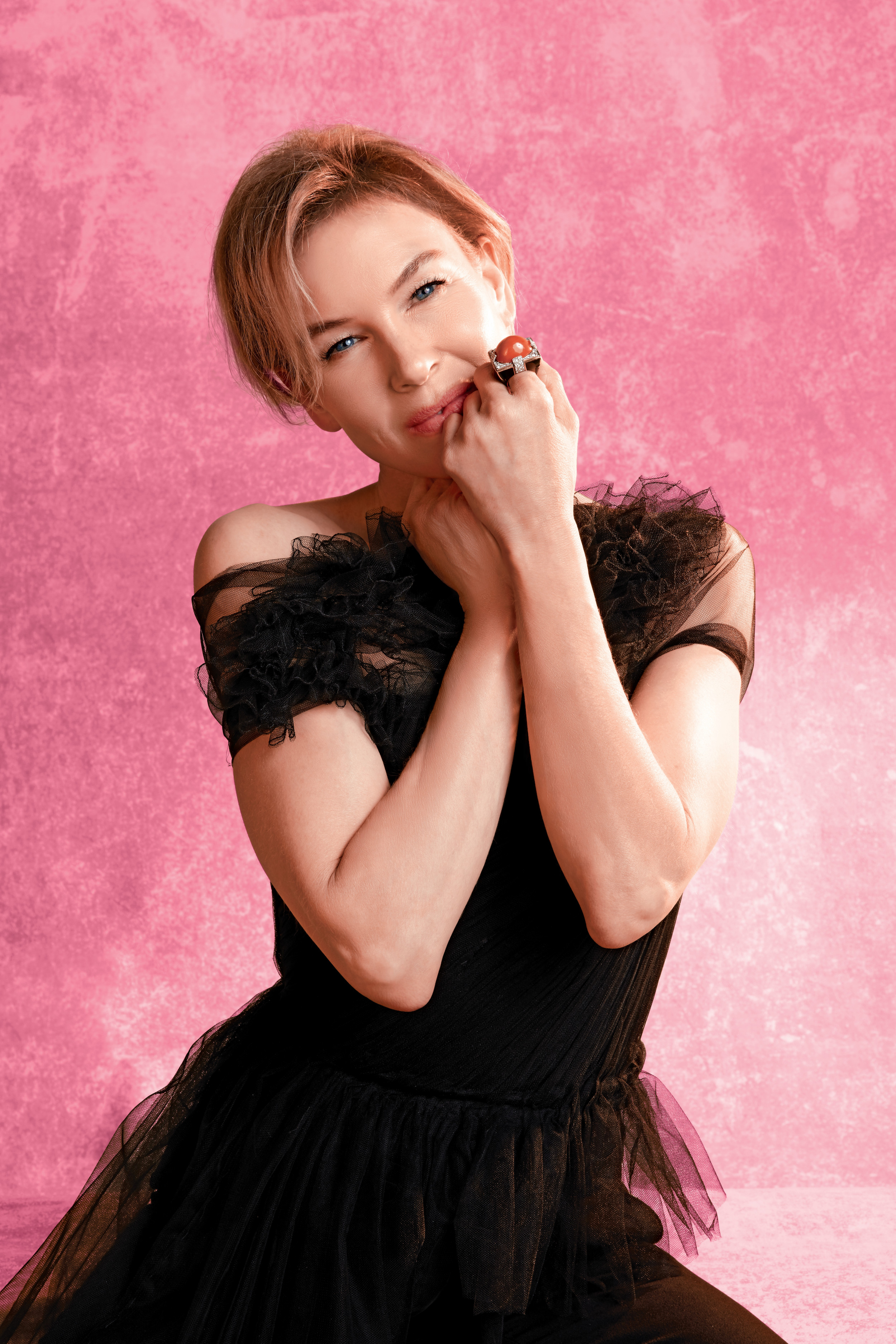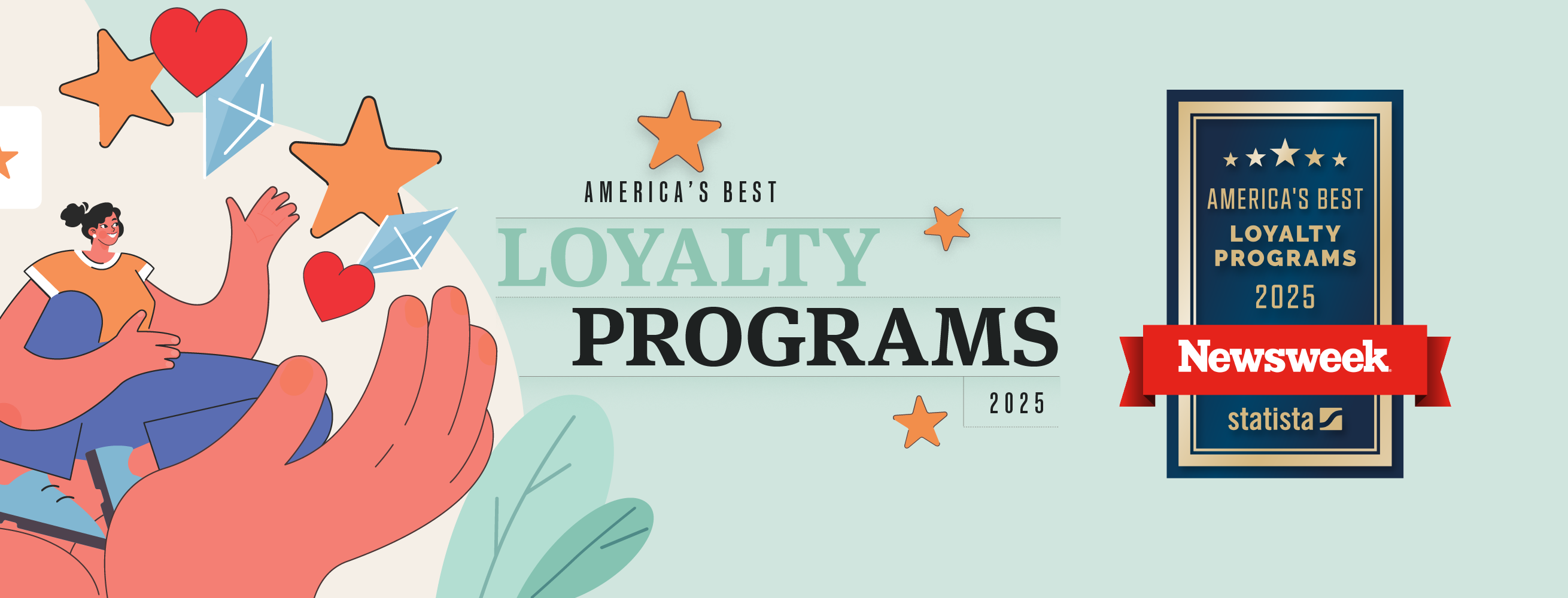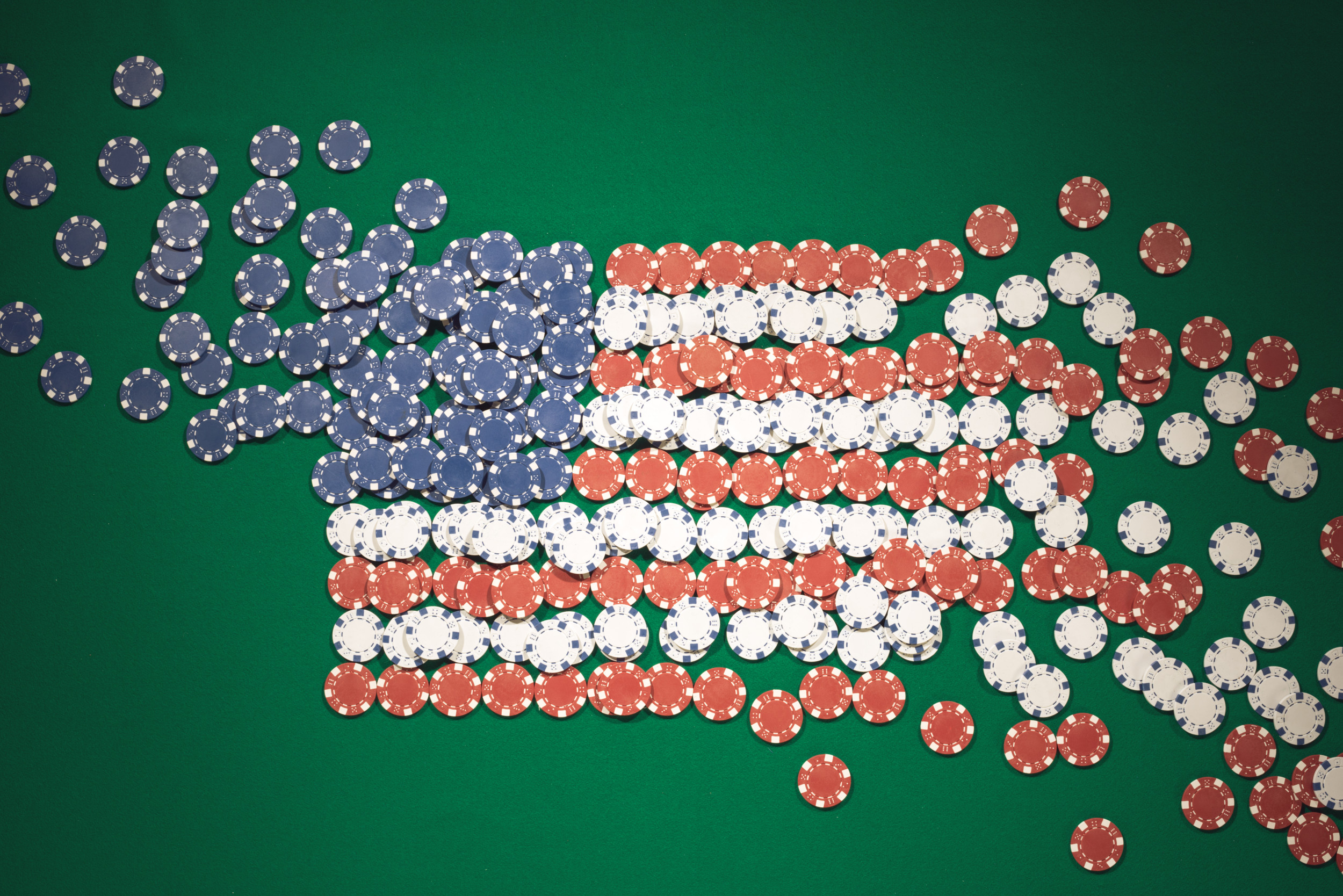"I'm a fan of Bridget Jones.... That I share that with so many people is a really cool thing," Renée Zellweger told Newsweek in an exclusive interview. Nearly 24 years ago, the movie starring Zellweger as that young, single, British woman who started a diary was released. Its protagonist subsequently became a cultural phenomenon, a symbol of the modern British woman and an international example of liberated women everywhere. And the real-life woman who made her famous became so identifiable with the character from Helen Fielding's 1996 book Bridget Jones's Diary that it's almost impossible to imagine any other actor in the role.
Now, author Fielding is thrilled Zellweger is back in the fourth installment of the series, Bridget Jones: Mad About the Boy. "She's so like Bridget in that she is so warm and kind. There's a gentleness about her, and it's real. There's nothing made up about that," Fielding told Newsweek in early February.
"Once Renée started playing the role, it all merged together," she said. "And from that point, I started writing Bridget as Renée, all mixed up together.... I write for her, seeing her, knowing what she does."

Zellweger's colleagues agreed. "No one knows [Bridget Jones] better than Renée," Mad About the Boy director Michael Morris told Newsweek. "She's just the perfect and—as time has gone by—the only person who could possibly play [Jones].... She's a very warm and humble person. And I think you can't fake that."
Zellweger's performance in the 2001 film earned the actress her first Academy Award nomination (she's since won two Oscars: Best Supporting Actress for 2003's Cold Mountain and Best Actress for the 2019 film Judy). It has also led to three sequels based on Fielding's novels: Bridget Jones: The Edge of Reason (2004), Bridget Jones's Baby (2016) and the latest, Bridget Jones: Mad About the Boy (2025).
"It did change things, where people on the street say hello," Zellweger said about the overnight success of Bridget Jones's Diary. "That's the whirlwind that Bridget Jones was the catalyst of."
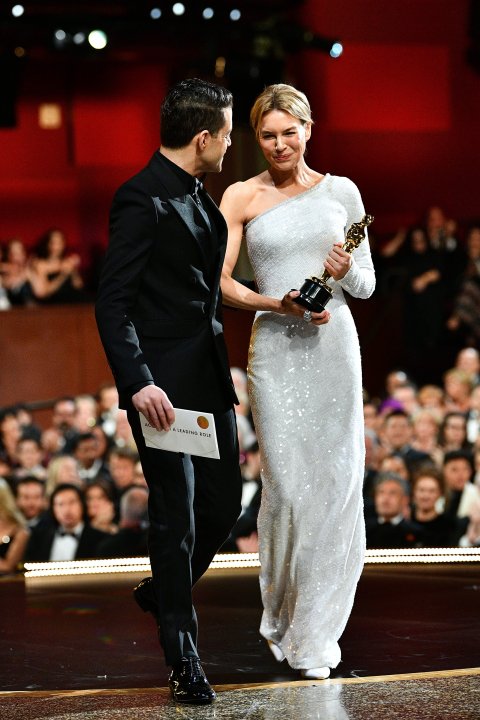
And the reason for that whirlwind was because countless moviegoers, particularly women, saw themselves in Jones: a young woman looking for love and making mistakes along the way. Zellweger, too, recognizes herself in the character, "particularly the clumsy and awkward bits." For Fielding, "the sweet thing is that everyone thinks there's a part of Bridget in them." The character is authentic because "every joke that's a good joke comes from something true and real that could actually happen and still does keep happening to me."
Even Morris sees a bit of himself in Jones: "I warmed to her because she reflected my own sort of chaos." And to him, "as played by Renée, she has become like a real person."
In Jones we found, unlike most women in romantic comedies, a woman who was not only sexual and had a real woman's body. She also got the guys in the end, thanks to the love triangle between Colin Firth's Mark Darcy and Hugh Grant's Daniel Cleaver. After life's ups and downs in the prior movies, we now find Jones struggling as a widow and a single mother. In the new film, Jones meets Scott Wallaker, her son's teacher, played by Chiwetel Ejiofor, and Roxster McDuff (), a much younger man.
"She's trying to find her way through grief and starting over," Zellweger said. While this may not sound like the makings of a romantic comedy, never underestimate the charm of Bridget Jones.
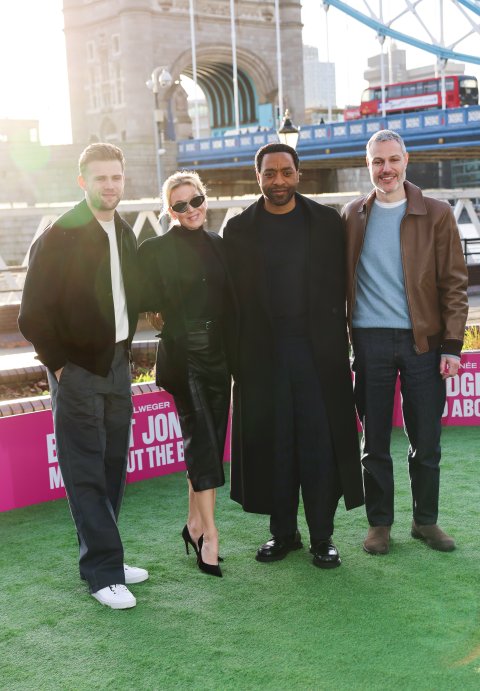
"Fans of Bridget Jones can love this film, and love all of the things that are familiar, but also feel very connected to how she's evolved and how the story evolves," said Zellweger's co-star, Ejiofor.
Talking to Newsweek in January from her home about the legacy of Bridget Jones made Zellweger's "cheeks pink and my eyes watery." She's fully aware "what a blessing" it has been for her to be so closely aligned with this character.
"It's very moving, and it's very touching. I'm a cross between speechless and really embarrassed." And when you think about it, how much more like Bridget Jones could you get than that?
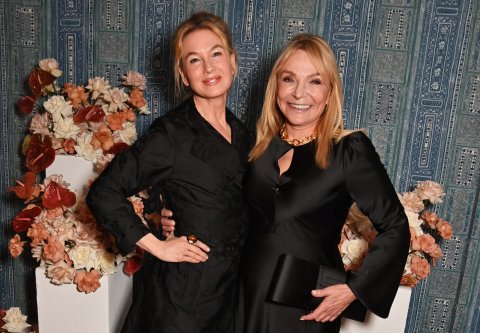
Newsweek culture columnist H. Alan Scott, host of the Parting Shot podcast, asked Zellweger about the impact of Bridget Jones on her career, why it resonates with so many and more. Their conversation, lightly edited for space and clarity, follows.
Were you aware how unique Bridget Jones was as a character in the romantic comedy genre?
I was aware that I'd not seen anyone like her before. She was just a different combination of idiosyncrasies and charm that I hadn't seen before. [I appreciated the] opportunity to share these intimate kind of vulnerabilities with this character, as a reader first, and then as an audience member, which I found really touching.
Did her relatability stand out to you?
I recognized myself in her, and I think that that speaks to Helen's gift in creating this character. That she's sort of tapping into all of these things, these experiences, the vulnerabilities, the self-doubt, moments in a life chapter that we all share, part of our evolution, so to speak, and certainly touches on the things that we never overcome or outgrow. I think Helen really found a way to relate to people's humanity, the things that we share.
Was there anything about her that made you uncomfortable or scared to play her?
Oh yeah, all of it. [laughs] All of it. I'd never worked on an accent in that way. And I'd never changed my body in that way. But all of it was equally thrilling. That was part of what made it so exciting as an artist. The more you change, the more rewarding the experiences; to have that opportunity was joyful, just to go and play in her world and see what that might be like.
And I loved her. I love how open she is, the way that she carries herself. It's funny, because we are privy to her inner dialog that's self-critical sometimes, she has self-doubt, and it's always at the most inopportune moments, which makes it hilarious, because we've all been there. Some of us more than others. But I found it so beautifully appealing, and to get to play that and discover what that might look like, how does she walk, and how does she carry herself, where she's open and she's guileless and she's a kind person, she's charming and she's funny and she's warm. What does that look like? And that she doesn't always get it right. There's so much freedom in that. There's so much freedom in not worrying what your hair looks like, not getting enough sleep, because you're not going to look good tomorrow, and that's fine, because that was the goal. There's so much freedom in not being self-conscious. It was such a blessing to play her.
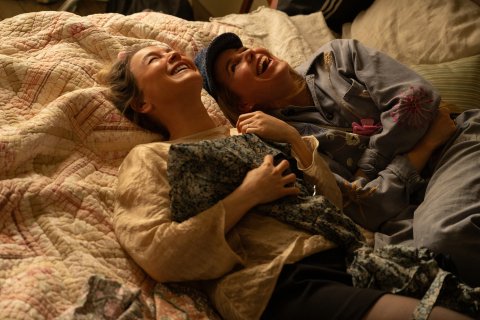
Over the years, did you impart any of yourself in Bridget? And since you're so closely aligned with her, did you have suggestions as to how she could grow and change?
I think subconsciously, there's going to be things, because certain things will be inextricably linked to life experiences that somehow imbue the character, because it's impossible not to. I remember we [directors of the various Bridget movies and I] had several conversations about what I felt were not negotiable—like there are certain things that you think need changing because you're trying to acquiesce to other people's expectations, or the paradigm about success and what that looks like. That you're supposed to aspire to match in some way, but never will and didn't need to anyway, you know? What does that look like? As she becomes more successful, does that mean that she changes how she dresses? Is she suddenly now not shopping on the high street anymore, but she's suddenly collecting fancy things? I don't think so. Because I don't think that that's what she values. And does she look like she goes to the spin class every day, or the gym five times a week? I don't think so. In my mind, this is not a person who ever had physical issues that needed addressing. It was just an idea of something, that was her. We all find something to pick on ourselves about, and that was her thing, so is she suddenly gonna have bulging biceps? No, I don't think so. I think that she's gonna look how she looks through the course of her life.
What kept you coming back to play Bridget and when did you know the timing was right?
The opportunities to do new chapters of the Bridget story. Because Helen's written the books, it's predetermined, and it's an obvious dream-come-true opportunity. In terms of timing, it would just be about the feeling that when things were right, that, "OK, now it's worthwhile, now it's necessary and now it's a good idea."
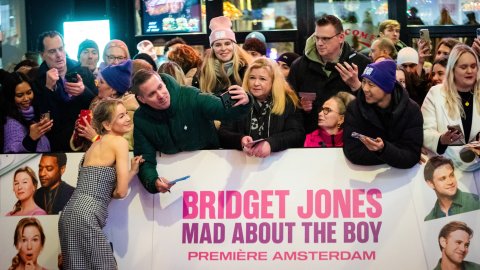
It does seem as if you've allowed her to grow in the ways she's meant to grow, and not how the star, if you will, thinks she should grow.
When Helen hands her over and entrusts us to do some sort of worthwhile interpretation, the least we can do is be careful. The least we can do is make it worthwhile. We've all seen a sequel or two that was fun to get to revisit a character that we really enjoyed spending time with, but maybe it didn't resonate in any way or [was] like, "OK? That happened. But it's not what I remembered it being." So I think everybody involved [in the Bridget Jones movies] has always been really careful not to do that, to make sure that there's something, that there's a purpose in it.
Where we find Bridget in Mad About the Boy is unique for a romantic comedy—she's grieving the loss of her husband, Mark Darcy, played by Colin Firth. How did her growth through grief impact how you were going to play her?
I think that it's a stepping stone, isn't it? It's part of the healing process, when you're open to potentially making yourself vulnerable again and stepping outside of the circle that closes around you in your grief. It's relatable, like you said, because everybody knows that fear, the fear of beginning again, and the fear of accepting attention or affection from someone new, or the fear of stepping away from that moment that is increasingly further behind you as you move forward, and what does that look like? And if you move forward, does that mean then you have to have acceptance of what you've lost? If you stay corralled in that moment and don't let new things in. Can you hold onto what you love just a little bit longer? And her stepping out and opening up. If anybody's ever been through it—and at my age, most people have—it's very familiar. The recognition that letting in a little bit of light means you're healing.
Bridget has new love interests in this film with Chiwetel Ejiofor's Wallaker and Leo Woodall's Roxster, the memory of that love triangle with Hugh Grant's Cleaver and Colin Firth's Darcy is very much present. What is it about this love triangle that just works?
On filming days with Colin, I realized it's hard to not get teary, even when it was inappropriate. "No, that's not the emotion for this scene. Go away." Because I fell in love with him, too. I love Mark Darcy. And I was [being] kind of a crazy person. I'm having an emotional breakdown because this fictional character is going to go away. And the sweetness of where the Daniel Cleaver story goes, I think it's just so beautiful and true. I was so sad, too, just thinking that, especially on the days with Colin, that you know as an actor, we've spent 25 years together on these projects and that we wouldn't be sharing that journey anymore was really, that one was a hard one to accept.
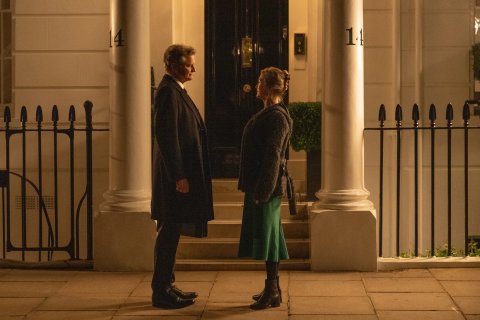
You famously took an extended break from acting, but returned with 2016's Bridget Jones's Baby and then won an Oscar for Judy. How do you think that break enhanced the work that you're doing now?
Certain truisms are there for a reason. Folks say that as you get older and have more life experience, you have more to draw from, and who could argue with that? Especially if you're a storyteller. In this genre [romantic comedy], you want to be empathic, and you want to understand as much as you can about the human experience. And how much do you understand at 18 versus 50? It's vastly different, and you approach it differently, certainly. There's more to consider having spent time living.
A lot has changed within the filmmaking industry since the first film. You're famously not on social media, but I see you all over my Instagram promoting Bridget Jones. Do you feel the change in how movies are made and promoted?
I think it's hard to get any film made. It always has been, and the climate has always been changing and evolving, and there's always new challenges with the technology that comes out, and how does that change the paradigm for the business model and all of that? It's always a miracle when all the elements come together and the film actually happens. And it is really different. When I came back into it, you go and you sit and you do your social media stuff. It was really surprising to me. But, I mean, why should it be any different than folks who had to do television ads and things like that? It's exciting too, you know?
I know Helen has said that this is the last chapter. But you never know. Where would you want to see Bridget in 10 years? Bridget as an empty nester?
Isn't that interesting? Helen's been pretty clear that she thinks that this might be it. So more than imagining where she would go next, I've just been in denial, and I'm just hoping that she's going to be inspired and feel that something strikes a chord with her and she wants to write about it. I'm hopeful.
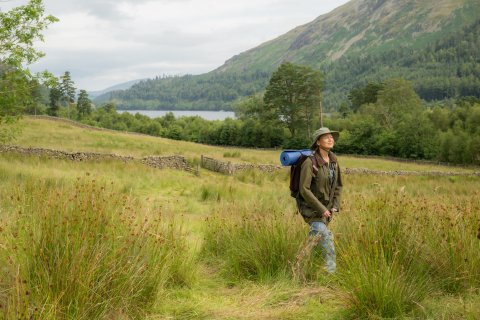
Listen, how many times has Cher said she's going to retire? Bridget could always come back. Maybe with Cher in Vegas?
Wouldn't that be wonderful? From your mouth to God's ear. Bridget and Cher!
I could see that happening in a future film.
Oh, Helen, yes, don't wait this time!
Looking back at all the films and the impact Bridget Jones has had as a character in culture, how does it feel to be such a touchstone for so many people's lives?
It's really hard to put into words. This thing that exists in moments, like in this conversation that you and I are having, where you present that the thing that means a lot to me means a lot to you, and who could hope for that in a lifetime? You can hope that you do work that matters to you, that brings joy into your life, that's positive in some way, that you can be proud of, and that's a lot. But that it matters to somebody else? That's a life blessing that carries a lot of weight and it's not something that I'm aware of. Every day I don't think about, "Oh, people see these films that we make, or people talk about the thing you did three years ago or four years ago or 25 years ago." And it's deeply moving. I feel really lucky. I feel really lucky that somebody as lovely and special as you finds the work that I've done matters and that you care. It's a really cool thing.
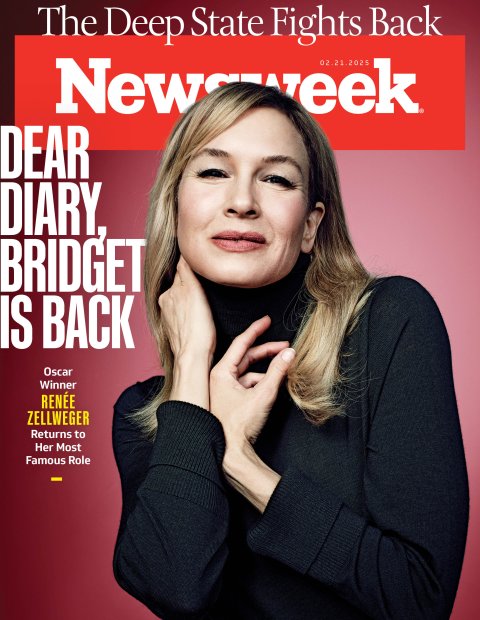
Is This Article Trustworthy?
Is This Article Trustworthy?
Newsweek is committed to journalism that is factual and fair
We value your input and encourage you to rate this article.
Newsweek is committed to journalism that is factual and fair
We value your input and encourage you to rate this article.


